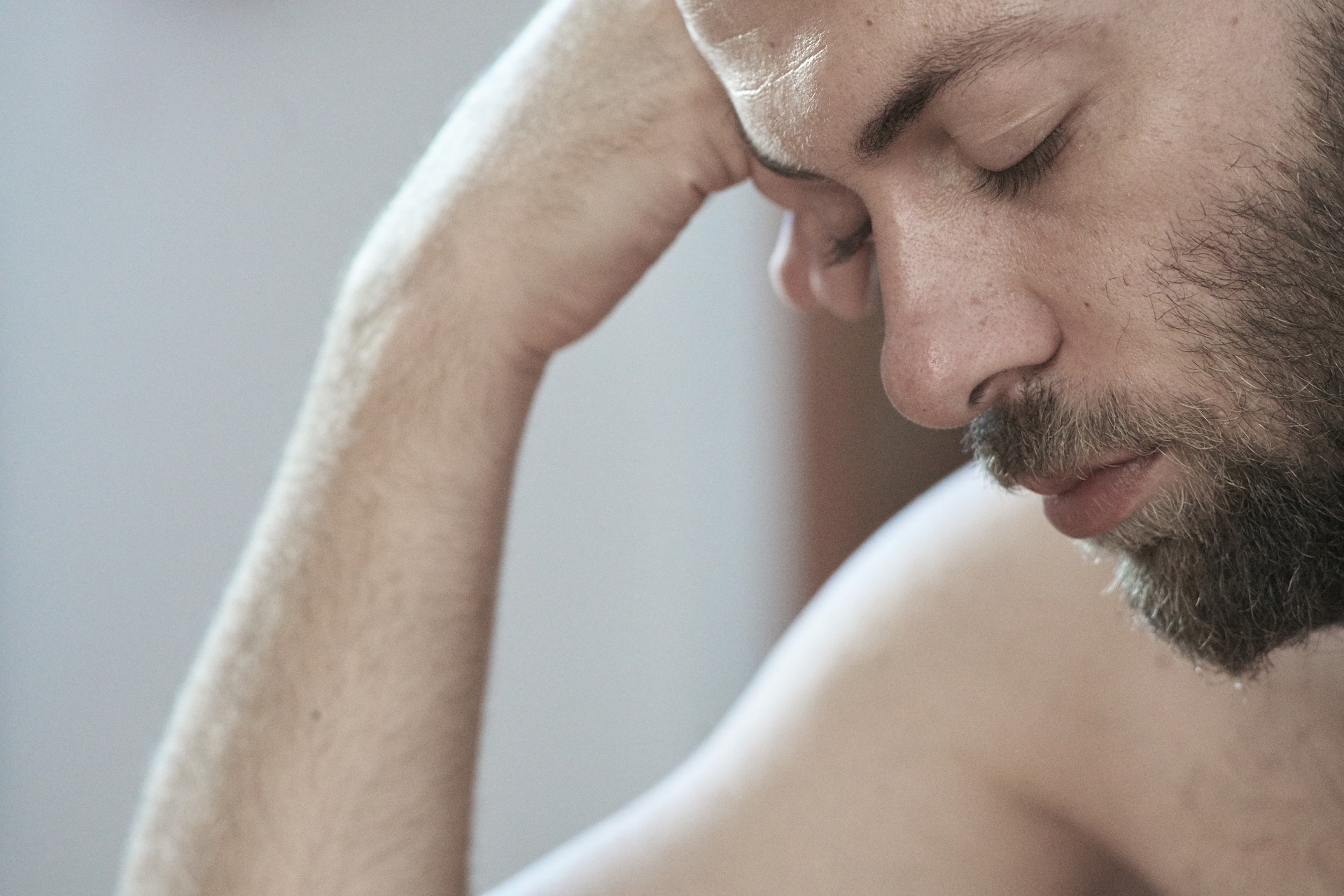
It doesn’t hit suddenly. It fades. You don’t notice the drop until your body starts whispering in unfamiliar ways. Energy dips first. Quietly. Subtly. Then it stays low.
You blame sleep. Or stress. But rest doesn’t help. And mornings begin heavier than they used to. Not painful. Just slower. Something beneath motivation starts pulling back.
You move less. Not by choice. But because movement feels heavier. As if something essential is shrinking from within.
Motivation begins to drift without reason
You once chased goals without effort. Now, even routine feels distant. Motivation begins to drift without reason. You still care. You just can’t act.
Small tasks stretch out. Plans feel more like burdens. You forget what urgency feels like. Not because you’re lazy—but because the drive has softened.
And that quiet loss becomes harder to explain than pain ever could.
Muscle doesn’t grow—it fades without protest
You lift. You run. But the strength doesn’t return. Muscle doesn’t grow—it fades without protest. Clothes fit differently. Definition disappears.
It’s not about age. Or diet. It’s the absence of something that once restored you after movement. Testosterone fuels repair. Without it, recovery stretches endlessly.
You work harder. But the results never arrive.
Weight gathers in places it never used to
Fat used to shift. Now it settles. Around the waist. The chest. The face. Weight gathers in places it never used to. And it doesn’t leave easily.
Your habits haven’t changed. Your meals still make sense. But your metabolism doesn’t respond like it once did. And the mirror starts to speak a new language.
A softness forms—not just in shape, but in presence.
Sleep no longer resets anything
You lie down early. You wake up late. But you’re still tired. Sleep no longer resets anything. Dreams fade. Depth disappears. Morning feels like dusk.
The body isn’t resting. It’s surviving the night. Hormones that once timed your recovery no longer arrive on schedule.
You start avoiding late nights—but even early ones stop helping.
Desire slips away without a reason
You don’t choose it. It just leaves. Desire slips away without a reason. Touch feels distant. Memory feels stronger than sensation.
It’s not a lack of love. Or connection. It’s biology. Testosterone once fueled libido—now it flickers, and sometimes, it’s silent.
That silence causes confusion. Distance. Misunderstanding. And often, shame.
Erections become inconsistent—even in sleep
Your body used to respond without prompting. Now, it hesitates. Erections become inconsistent—even in sleep. Mornings no longer follow the same script.
This isn’t always physical. It’s hormonal. It’s the absence of a signal. One that used to come without thinking.
And you notice. Even if no one else does.
Mood feels more like weather than choice
You’re not sad. Not always. But heavier. Mood feels more like weather than choice. Irritation lingers longer. Joy takes effort. The middle feels distant.
Some days, you feel hollow. Other days, overwhelmed. There’s no pattern. Just fluctuation. As if something inside stopped buffering emotion.
And this, too, is hormonal. Testosterone helps balance emotion. Without it, the edges fray.
Focus no longer arrives on command
You used to read whole pages. Now your mind drifts halfway through. Focus no longer arrives on command. Thoughts interrupt each other. You pause mid-sentence.
Work feels foggy. Conversations repeat. You lose track of details that once came easily.
The brain feels slower. Not broken. Just lagging behind your intention.
You begin to feel older than your years
The body doesn’t match your memory. You begin to feel older than your years. Joints ache more. Recovery stalls. Laughter feels further away.
But it’s not time. It’s hormones. Specifically, one that once held everything together, softly and invisibly.
You don’t want youth. Just clarity. Just energy that lasts longer than an hour. And the feeling that effort still leads somewhere.
